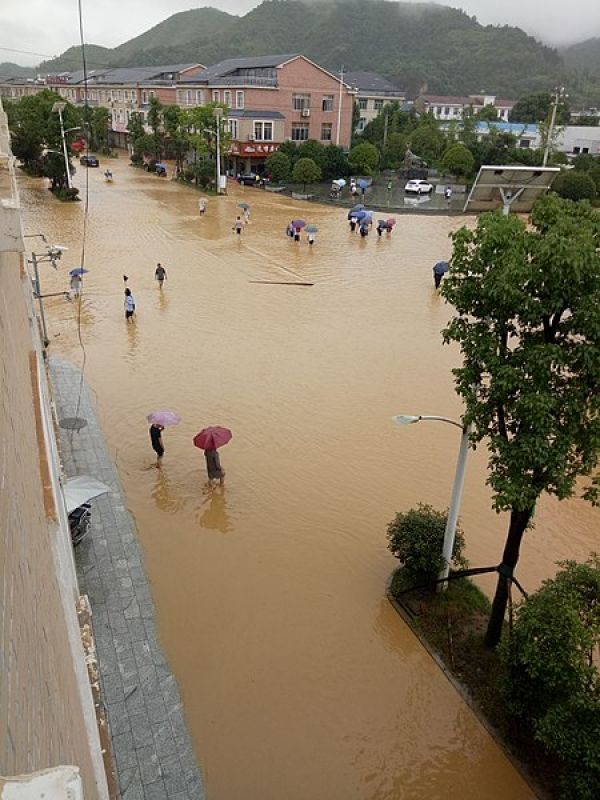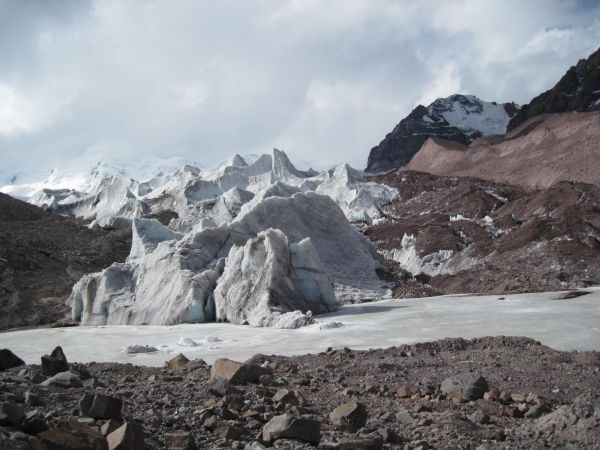
Intensifying river floods could lead to regional production losses worldwide caused by global warming. This might not only hamper local economies around the globe – the effects might also propagate through the global network of trade and supply chains, a study now published in Nature Climate Change shows. It is the first to assess this effect for flooding on a global scale, using a newly developed dynamic economic model. It finds that economic flood damages in China, which could, without further adaption, increase by 80 percent within the next 20 years, might also affect EU and US industries. The US economy might be specifically vulnerable due to its unbalanced trade relation with China. Contrary to US president Trump’s current tariff sanctions, the study suggests that building stronger and thus more balanced trade relations might be a useful strategy to mitigate economic losses caused by intensifying weather extremes.
>> Read the Full Article

Today, only the eldest inhabitants of the Danube Delta recall that, in the past, you could skate on the river practically every winter; since the second half of the 20th century, Europe’s second-largest river has only rarely frozen over. The reason: the rising winter and water temperatures in Central and Eastern Europe, as a German-Romanian research team recently determined. Their analysis has just been published in the online magazine Scientific Reports.
>> Read the Full Article

Glacial retreat in cold, high-altitude ecosystems exposes environments that are extremely sensitive to phosphorus input, new University of Colorado Boulder-led research shows. The finding upends previous ecological assumptions, helps scientists understand plant and microbe responses to climate change and could expand scientists’ understanding of the limits to life on Earth.
>> Read the Full Article

 ENN
Environmental News Network -- Know Your Environment
ENN
Environmental News Network -- Know Your Environment